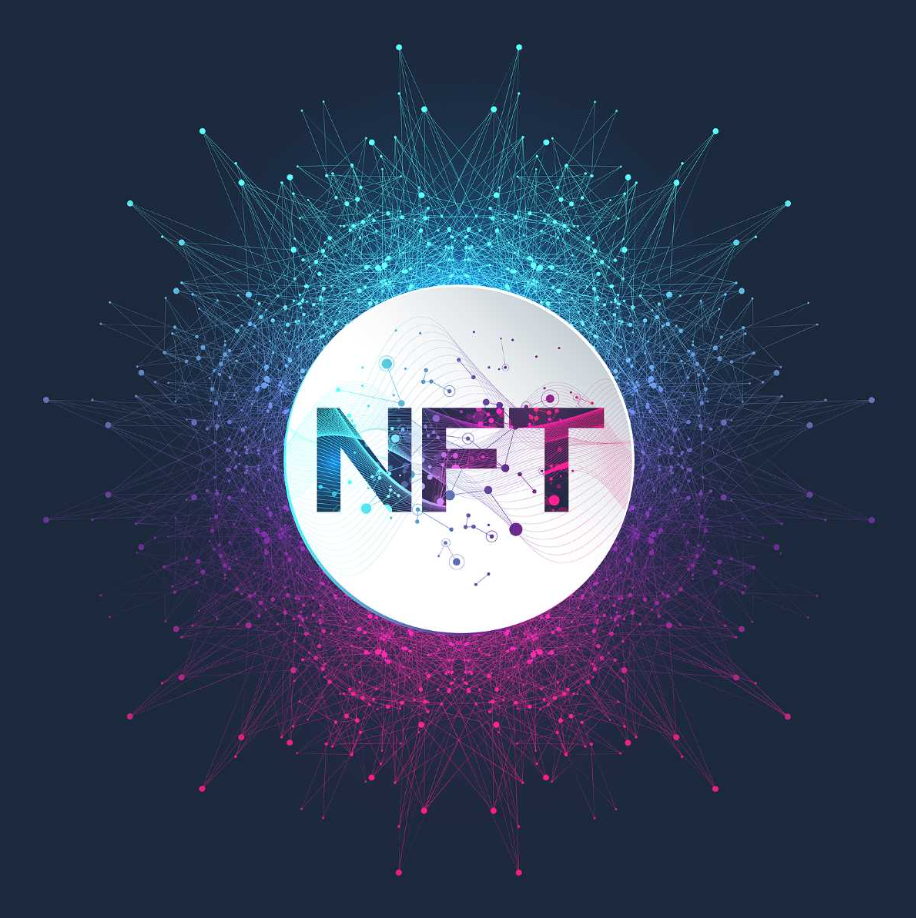With Prada and Dolce & Gabbana making fashionable strides in the metaverse, Web3 has undoubtedly become the new black. Luxury brands are exploring the virtual realm not merely as a passing trend, but as a key strategy to appeal to Gen Z consumers and enhance the customer experience. To make the most of this digital revolution, brands need to consider the potential of Web3 and blockchain beyond mere product displays. They need to envision these technologies as tools for fostering customer engagement and achieving Environmental, Social, and Governance (ESG) objectives.
The new generation of luxury consumers, predominantly Gen Z, prioritize value-driven purchases, with 62% favoring sustainable brands. In this context, blockchain, renowned for its transparency and immutability, could help brands track their supply chain and product lifecycle. This can serve as a reliable way to demonstrate sustainability efforts, meet ESG goals, and create futureproof businesses.
Beyond the hype of digital art, NFTs hold immense potential. Their underlying technology can assign a unique value to digital assets, providing a verifiable record of ownership and provenance for tangible goods. Digital Product Passports (DPPs) can leverage this attribute to record a product's lifecycle, tracking sustainable sourcing, verifying supply chain details, and adding value to the vintage and resale market.
Furthermore, blockchain can enhance customer trust in a brand's sustainability efforts. By referencing DPPs, customers can gain a deeper understanding of a product's supply chain, such as the origin of materials and the manufacturing process. Blockchain can also record any repairs, alterations, or resales, providing a transparent history of the item for future customers.
As for corporate governance, brands can tap into blockchain's potential for creating decentralized autonomous organizations (DAOs). Through DAOs, luxury goods customers can participate in decision-making processes, ranging from business collaborations to philanthropic donations. Customers can vote using tokens based on product ownership or account longevity, with blockchain maintaining an immutable record to ensure transparency and fairness.
Gen Z's enthusiasm for Web3, as evidenced by the 23% already collecting NFTs, suggests promising returns for luxury brands investing in blockchain. Authenticity and ownership records verified by blockchain can support the resale of vintage collections, fostering a circular economy and boosting revenue. Brands can also leverage blockchain to curb counterfeits, protecting their reputation and promoting sustainability.
In essence, blockchain is not a fleeting fashion statement but a lasting revolution in the luxury goods industry. By embracing this technology, brands can not only showcase their sustainability efforts but also elevate the customer experience. With blockchain paving the way for transparent business practices, the brands of the future stand to benefit in an increasingly socially responsible market.










